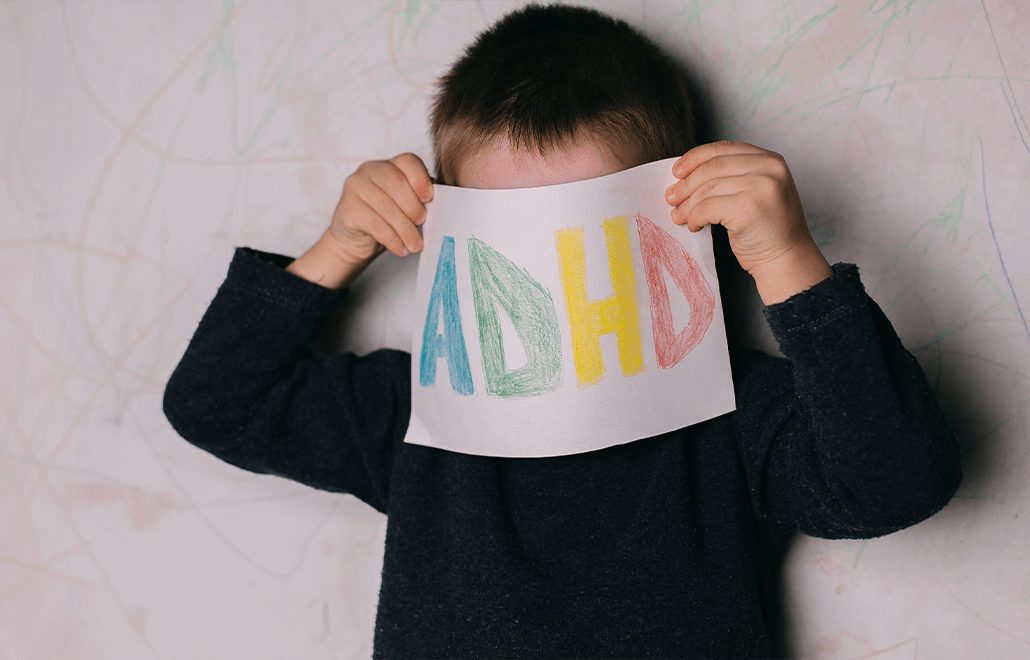
22 Feb Understanding ADD/ADHD in Children
2 min. readAttention Deficit Hyperactivity Disorder (ADHD) is a common disorder among children. It can be difficult to identify and diagnose, but it’s important that parents are aware of the signs and symptoms associated with ADHD so they can better understand and support their child. Let’s take a look at what ADHD is, how it’s diagnosed, and how it can be treated.
What is ADHD?
ADHD is characterized by difficulty focusing on tasks, impulsivity, and hyperactive behavior. It can present itself differently depending on the age and individual affected. In adults, ADD or “Attention Deficit Disorder” may be more apparent than hyperactivity; in children, the hyperactive behavior may be more prominent. However, both adults and children with ADHD may struggle with forgetfulness, difficulty paying attention to details, disorganization, restlessness, and difficulty finishing tasks.
Diagnosing ADHD
Diagnosing ADHD requires a comprehensive assessment by a qualified healthcare professional such as a pediatrician or psychiatrist. A detailed medical history should be taken into account along with any observations made by teachers or caregivers of the child’s behavior in different settings. Diagnosis should also involve an evaluation of the child’s physical health to rule out any other underlying medical conditions that could cause similar symptoms as those associated with ADHD.
Treating ADHD
The most effective treatment for managing ADHD includes medication combined with behavior therapy or counseling for both the child and their family members. Medication helps to reduce impulsivity and improve concentration levels while behavioral therapy helps to teach children skills such as organization techniques and how to cope with situations where their attention span might wane or become distracted easily. Parents should also consider engaging in family therapy sessions to ensure that everyone involved has an understanding of what ADD/ADHD is like from the perspective of the person who has it as well as how best to support them through their struggles associated with this condition.
Recognizing the signs and symptoms of Attention Deficit Hyperactivity Disorder (ADHD) in your child can help you provide them with the crucial support they need to manage this condition effectively throughout their life. The best approach for treating this disorder involves medication combined with behavioral therapy or counseling for both the child and their family members so that everyone involved has an understanding of what ADD/ADHD is like from the perspective of the person who has it as well as how best to support them through their struggles associated with this condition. Getting help early on will give your child greater peace of mind knowing that they have your unconditional support during this difficult time in their life.

